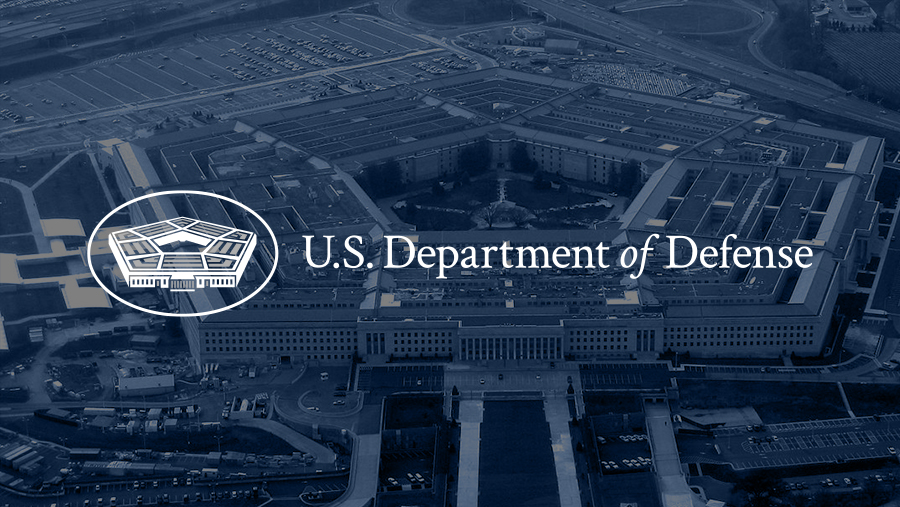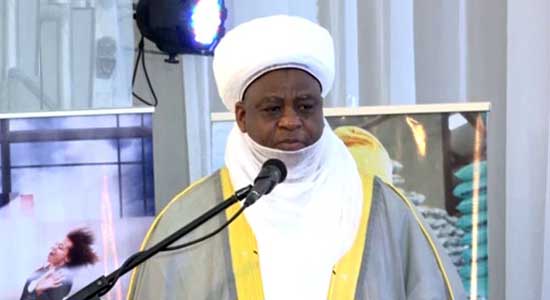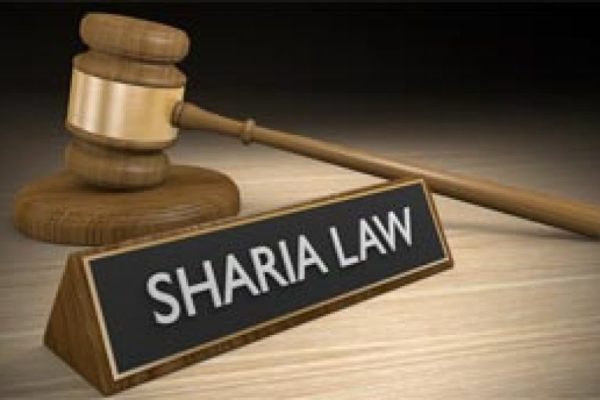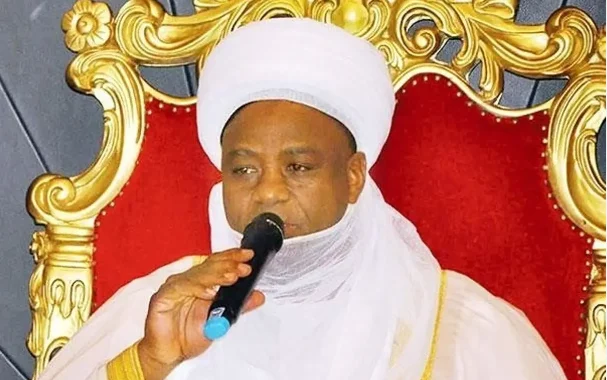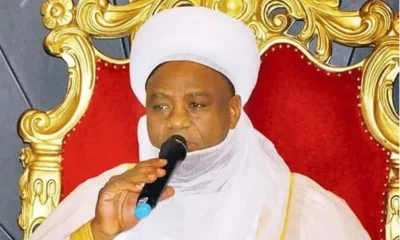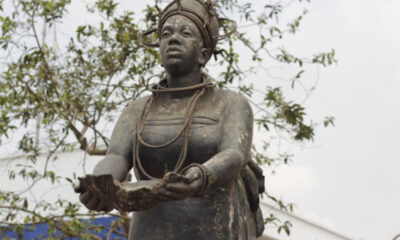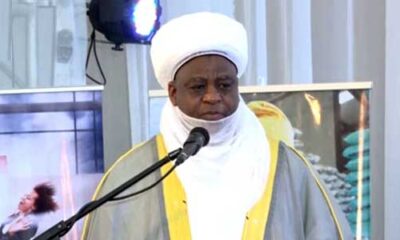The United States Department of Defence has revoked the access badges of Pentagon reporters from nearly all major media organisations after they refused to sign a new media policy that journalists say threatens press freedom.
The Pentagon, located in Arlington, Virginia, serves as the administrative and operational centre of the U.S. military, housing top defence officials and command structures similar to Nigeria’s Ministry of Defence.
In a statement on Wednesday, the Pentagon Press Association described the action as a “dark day for press freedom,” warning that it undermines America’s commitment to transparency, accountability, and free speech.
The association said the Defence Department confiscated badges because reporters declined to accept the new policy, which they believe implicitly threatens to criminalise national security reporting and exposes journalists to possible prosecution.
“Today, the Defense Department confiscated the badges of the Pentagon reporters from virtually every major media organisation in America.
“It did this because reporters would not sign onto a new media policy over its implicit threat of criminalising national security reporting and exposing those who sign it to potential prosecution,” the statement read.
The new rules, which took effect on October 15, require journalists covering the Pentagon to acknowledge that they could lose access if they solicit or publish unapproved information, including some unclassified materials.
The Pentagon Press Association said its members remained committed to covering the U.S. military despite the restrictions, but stressed that the decision raises serious concerns about the future of open and independent reporting on defence matters.
“The Pentagon Press Association’s members are still committed to reporting on the U.S. military.
“But make no mistake, today is a dark day for press freedom that raises concerns about a weakening U.S. commitment to transparency in governance, public accountability at the Pentagon, and free speech for all,” the statement continued.
According to Reuters, dozens of reporters from outlets including CNN, Reuters, The Washington Post, The New York Times and Fox News vacated their workspaces at the Pentagon after refusing to sign the policy.
Only One America News Network reportedly agreed to the new terms.
According to Reuters, Pentagon spokesperson, Sean Parnell, defended the policy, insisting that it was not meant to silence the press but to ensure national security.
He explained that the new rules merely require reporters to acknowledge the restrictions, not necessarily agree with them.
Speaking on the policy in June, CBS News national security correspondent David Martin, who has covered the beat for over 40 years, said during an interview on CBS News, “This, at least from my perspective, is making the Pentagon as difficult to cover as possible. And, you know, the next step is to ban reporters entirely from the Pentagon, and that’s why the reporters I’ve talked to that are still on the beat, they’re not going to try and find workarounds to this policy, because they don’t want to trigger the next sanction.”
Reuters explained that under the new arrangement, the Pentagon now has broader authority to revoke press badges, limit reporters’ movement within the building, and control how they interact with military officials.
The move by the U.S. Department of Defence draws comparisons to past incidents in Nigeria, where government officials have been accused of suppressing press freedom.
In April 2017, the Chief Security Officer to then-President Muhammadu Buhari expelled The PUNCH’s State House correspondent, Olalekan Adetayo, from the Presidential Villa in Abuja after he published a report on the president’s health.
According to reports, Adetayo was grilled, his accreditation withdrawn, and he was forcibly removed from the villa premises.
The CSO’s action was met with criticism, with the presidency’s media office later stating that it had not been consulted and reaffirming a commitment to press freedom.

